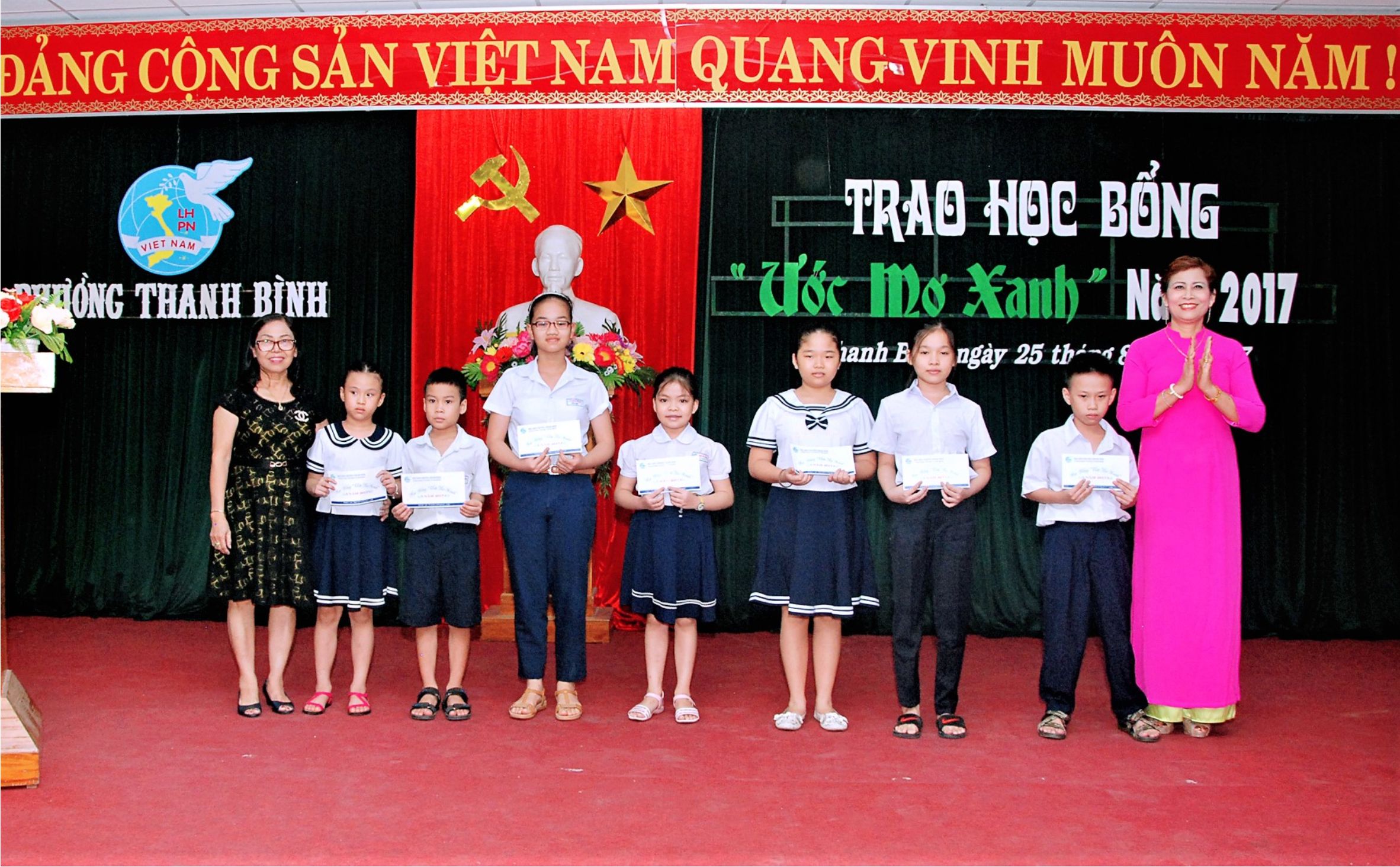Raising fund for poor pupils through garbage classification project
Over recent years, Da Nang’s Hai Chau District has effectively deployed a programme aimed at promoting the classification of trash at local families into 3 types - organic, inorganic and recycled.
 |
| Granting cholarships to poor studious pupils in Thanh Binh Ward |
The garbage classification project not only ensures environmental sanitation, but it also helps to raise money for needy pupils across this downtown district.
Families’ awareness of the programme has been obviously increased. Many inhabitants realise that separating their trash into the 3 classifications does not take much effort and gives them the sense they are protecting the environment. This facilitates the process of waste treatment and recycling, and gives a helping hand to poor studious pupils.
The practice of classifying trash at home has become an ingrained habit for many residents throughout the district’s Thach Thang Ward.
An amount of money collected from the sales of such recycled items as plastic bottles, paper, newspapers, beer cans and scrap iron to scrap collecting facilities has gone to the district-operated Blue Dream Fund for helping needy pupil pursue their academic dreams.
In particular, nearly 20 million VND from the sales of recycled trash went to the fund last year, and 10 million VND collected in the 1st quarter of this year.
Each year, between 35 and 40 poor pupils, plus those with outstanding academic results across Thach Thang Ward receive financial aid from the fund.
According to the district’s Office of Natural Resources and the Environment, since 2014, the Blue Dream Fund has granted scholarships worth 228 million VND in total to 423 poor studious pupils across the district.
Vice Chairman of the Thach Thang Ward People’s Committee Nguyen Duc Huan remarked that, over recent years, effective measures have been taken to raise the public awareness of the practical benefits of the garbage classification programme.
Notable amongst these solutions is the distribution of leaflets and eco-friendly compostable, and biodegradable trash bags to local families.
Local environmental experts underlined the significance of waste classification in enabling sanitation workers do their job more quickly, reducing environmental pollution, and helping the city cut down money spent on waste treatment by reducing the amount of waste brought into landfills and factories for processing.
In the coming time, importance will be attached to promote the efficiency of the garbage classification model, and deploy a project to reduce, reuse and recycle (3Rs) waste in a bid to turn Hai Chau into an environmentally-friendly district in the years ahead.